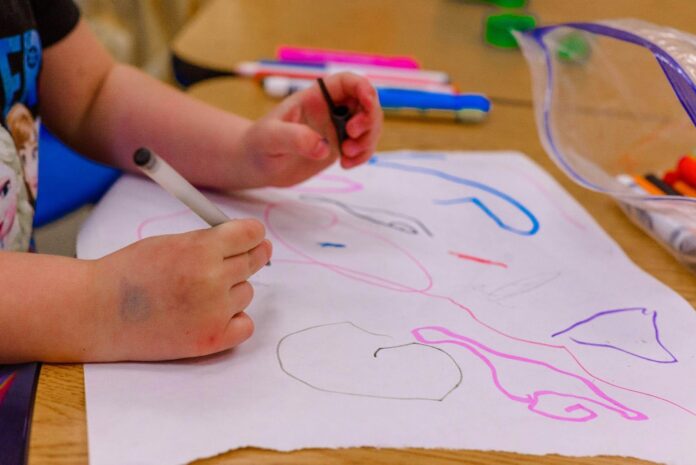Preparing your little ones for kindergarten can be a journey filled with joy and worry. As guardians, our natural propensity is to emphasise largely on academic proficiency – nurturing their skills in counting, recognizing letters, and perhaps, even reading. But is this the right path? There exists a fundamental factor that has often been relegated to the back burner in the race for academic readiness – emotional preparedness. Today, we delve into five prevalent blunders we commit and how some nifty alterations can lead to a more rounded nurturing of our child’s development.
1. Rewarding Cognitive Skills Over Emotional Preparedness
Academic prowess is undeniably pivotal, but emotional preparedness forms the bedrock for successful learning. A child adept at expressing their feelings, collaborating with peers, and grasping basic social cues is more apt to adapt to a kindergarten context. Empower your child to understand emotions, cultivate empathy, and mature self-regulation skills. These competencies lay the groundwork for efficient learning.
2. Underestimating the Significance of Routine
Overlooked amidst the hullabaloo of kindergarten preparation is the indispensable role of routine. Consistent daily activities offer a sense of security and predictability, facilitating the transition into the regimented realm of school. Simulate a morning routine similar to a school day—waking up at a fixed time, breakfast, and quiet play or reading. Familiarity with this routine can alleviate anxiety during the first day at school.
3. Neglecting the Magic of Play
Play is a child’s innate approach to learning. It nurtures creativity, problem-solving, and social interactions – essential skills for kindergarten. Rather than burdening your child with workbooks or planned lessons, earmark ample time for free play. Inspire activities that incite curiosity like building with blocks, nature exploration, or imaginative play. Play ensures children learn to think critically and express themselves freely.
4. Overlooking Parent-Child Dialogues
Honest communication can be instrumental in preparing your child for novel experiences. Involve them in conversations about their Truganina childcare—classroom dynamics, teachers, activities, and friends. Urge your child to voice any apprehensions or inquiries. Giving an ear to their thoughts and offering reassurance can dispel fears and ignite enthusiasm for the upcoming voyage.
5. Denying the Long-Term Impact of Early Pressure
Exerting pressure on a child to attain academic milestones can have enduring effects on their mental well-being and attitude towards learning. Premature academic stress can incite anxiety and burnout, undermining their innate motivation to learn. Instead, foster a lifelong penchant for learning by allowing them to explore topics at their own rhythm and according to their interests.
Transitioning to kindergarten ought to be a joyous and enriching experience for both children and parents. By embracing emotional preparedness, cultivating routines, promoting play, engaging in open dialogue, and steering clear of undue academic pressure, we can steer our children towards holistic development. Let’s champion a shift in societal norms that cherishes and nurtures the entire spectrum of childhood development, thereby equipping our children to thrive not just in kindergarten but throughout their educational journeys.
Remember, every child is unique, and there is no one-size-fits-all approach. By paying heed to individual strengths and needs, we can create a nurturing ecosystem where our children will prosper.















